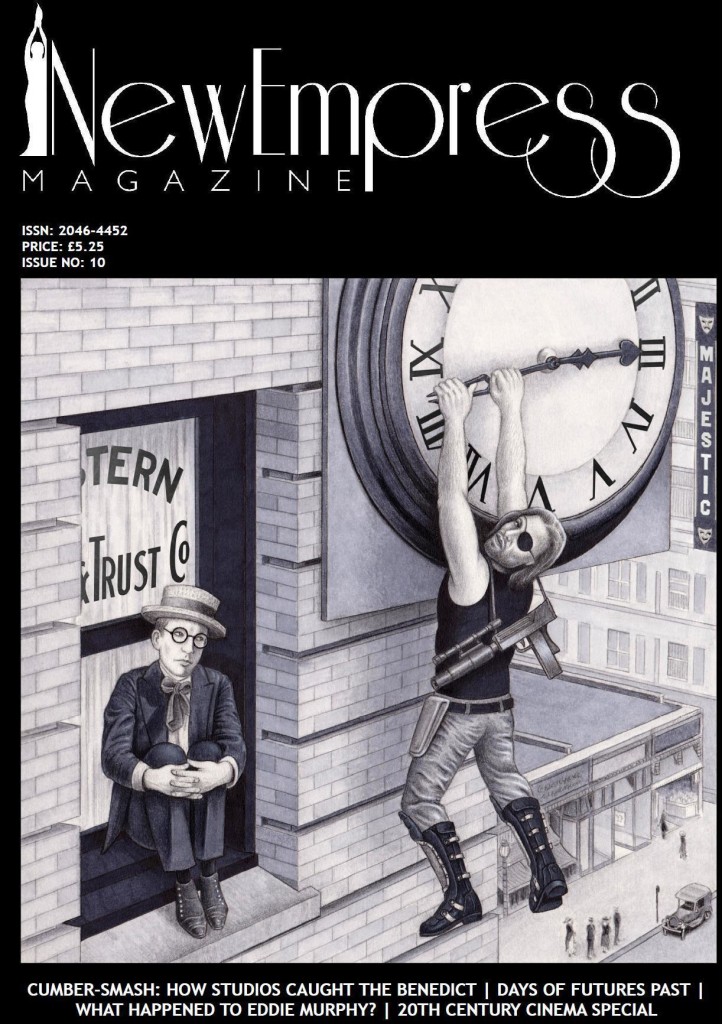
On its 60th anniversary, director William Wyler’s 1953 Roman Holiday has been restored and is graciously doing a tour of our cinemas. Princess Ann (Audrey Hepburn) of an unnamed country has been sent on an European tour spreading the notion of ‘sweetness and decency’ throughout the continents; a youthful, regal and unifying figure hoping to encourage both trade and political unity. In Princess Ann’s last destination of Rome, the stifling protocol and golden cage she is surrounded by becomes too much and Ann makes a bid for freedom.
On a Roman park bench, dozy from the medication her carers politely drugged her with, Ann is happened upon by Joe Bradley (Gregory Peck), an American journalist hard up for cash and a front page story. While Ann attempts to enjoy anonymity, Joe looks to exploit her naivety before the pair begin to fall in love and the theme of ‘sweetness and decency’ is truly played out.
On paper, the synopsis of Roman Holiday reads like an excruciatingly sloth-infused cheese fest but in reality it is something much better. Along with the film’s superior script given its premise, Roman Holiday also had the honour to include ‘Introducing Audrey Hepburn’ in its opening credits. In her first major role which garnered her first Oscar win, Hepburn’s graceful, charismatic screen presence dances beautifully with the equal acting fluid intelligence of Gregory Peck. In their Edith Head costumes, the two stars’ innate class make their exquisite or crumpled surroundings memorable and believable while balancing both the sweetness of their romance and the decency of their very adult decisions. A selfish recklessness in both is enjoyed and acknowledged through the Bohemian photographer Irving (Eddie Albert). All three actors deliver slapstick humour with effortless effort.
Rome itself has the fourth starring role in the film. Wyler surrounds and consumes his actors within wide shots of a lively, bustling summertime Rome which loses nothing in the film’s black and white format. Though Italians themselves are portrayed in cringeworthy stereotypes, Rome always seems to pulsate with worldly youthful antiquity. The moral of the story nor the development of the central relationship never feels forced but organic as is the film’s bitter sweet ending.
Mairéad has awarded Roman Holiday (1953) five Torches of Truth














